I want to share the best writing advice I ever heard. But there’s a tiny problem. I can’t remember where I heard it—because it took me a long time before I realized how brilliant it was. At first I was skeptical. I had to live it firsthand before I grasped its wisdom. I vaguely recall that this advice came from a famous writer. Maybe one of my readers can identify the original source. This author was asked how to find good ideas for writing—which always seem to be in short supply. You put a blank sheet of paper in front of you, and it stubbornly stays blank. If your writer’s block gets really extreme you can end up like Joseph Conrad. His wife locked him in the study each morning, where he was forced to write. “He would writhe on the floor,” according to one source, “begging to be let out.” When she unlocked the door for lunch, she demanded an update on his output. I can’t argue with the results (see photo below). But not every writer has such a surefire method. Or a dominatrix as a spouse. Most of us in the writing trade seek an easier solution. But what’s the secret? How do we tap into those hidden creative currents we feel inside, but struggle to express? The response of the writer-whose-name-I’ve-forgotten was something like this:
That’s the power of honesty. If you pursue it with total bravery, it will break down every obstacle in your way. Your writing will be stronger. Your thinking will be stronger. You will be stronger. The Honest Broker is a reader-supported guide to music, books, media & culture. Both free and paid subscriptions are available. If you want to support my work, the best way is by taking out a paid subscription.When I launched on Substack, I chose the title Honest Broker. I felt very attached to that nickname (as I described in my origin story)—but it came at a heavy price. First, I knew I’d confuse many readers. People would assume I’m a stock broker or a real estate broker. Nobody would guess from the name that I wrote about music, arts & culture. Second, my chosen title was painfully un-cool. I compared myself to other music writers with much more strident titles—they called themselves the Hanging Judge or the Dean of Rock Critics or something else in-your-face. Aspiring to mere brokerage, by contrast, felt rather wimpy. Third (and this is the killer): Honesty is tougher than it looks. Deception pays better. It’s often more stylish and it certainly gets more attention—just look at all the hot takes that go viral every day. Some of you will push back at this. You will ask (quite reasonably): Don’t all writers try to be honest? Isn’t honesty the bare minimum required of any journalist or non-fiction author? I once believed that. My high school journalism teacher Konnie Krislock—who still gives me guidance and advice—taught me that honesty is the bedrock of writing back when I first showed up in her classroom at age 13. (Konnie, if you’re reading this, let me thank you here in front of all these people). But I now understand why journalists abandon honesty. In fact, there are ten thousand reasons why writers lie. I’ll list 21, for a start. They don’t teach any of these in journalism school or writing workshops, but they don’t have too—writers learn these skills on their own. 21 REASONS WHY WRITERS ARE DISHONEST Writers sometimes lie…
I’ve just scratched the surface here. I’m not even considering bribes, or journalists working as spies (more common than you think), or other examples of total corruption. How bad is the problem? Nobody can really measure it. I merely guess. But my hunch is that these unhealthy motives are everywhere. A huge portion of our information is tainted at the source. I’m not the only person concerned about this. That’s why there’s a crisis of trust in society—and it’s not just impacting writers. Social media has turned everybody into strutting and preening pretenders.
I’ve felt the temptations myself. During my apprenticeship as a writer, I frequently felt the need to exaggerate and adopt a posture. I wanted to be cool. I wanted to be part of the ‘in crowd’. The hardest step I ever took as a music writer was abandoning the goal of looking cool. (Well, it was a hopeless cause in any event.) Of course, there were still so many other ways I fell short—but this quest for coolness was the worst. When I read the jazz reviews I wrote for my college newspaper, it’s what bothers me the most. It’s not just my poor writing (which jumps out at me from the page), but especially my striving for swaggering statements and a hip pose. It doesn’t help that editors often reward precisely these things. Or that some writers successfully build careers on this flimsy foundation. It took me years to cleanse my writing of these excesses. Finally when I published The History of Jazz, a few days after my 40th birthday, I felt I’d written something that called it straight down the line. I no longer pretended to be a superstar player looking to a hit a home run—but preferred the ungainly crouch of the umpire trying to keep things real. While writing The History of Jazz as a no-longer-young-man, I pressure tested every paragraph, asking myself
Those aren’t easy goals to meet. But they create another problem—namely, how do I generate energy and excitement, while also striving for scrupulous fairness. That’s because, back then, I feared that honest writing might be boring.
People don’t go to sporting event to watch the ump—they want something flashier. This bothered me a lot. I‘d already started to embrace my honest broker philosophy, but I still worried this would turn off readers. So I tried to learn every possible technique of making my prose sizzle, without embracing the alluring tools of deception. This forced me to get better at metaphor, personal memoir, analytical skills, descriptive passages, apt quotations and cultural references, humor, even the puns and wordplay that many writers avoid. But lately I’ve started to think I got that all wrong. I now believe that honesty itself is a kind of writing style. And maybe the best writing style of them all. A few months after I launched on Substack, I noticed that my sentences and paragraphs were changing. And not in a small way. This surprised me. I had been publishing in commercial media since I was a teen, and felt I really found my stride around the time I reached my forties. Ten books written since then validated this complacent confidence by attracting enthusiastic readers. Why would I change now? What made it more unsettling was that I didn’t understand why I was writing differently. My sentences were getting shorter—and weren’t always pretty (although they increasingly stung like a boxer’s jab). My paragraphs were also slimming down, but paradoxically getting tougher even as they shrank. The shifts in tone went beyond anything I’d ever done before—sometimes I’d switch from first person memoir to third-person critique in mid-sentence. I started revealing things about my private life or childhood that I’d never considered making public previously. And when I focused on big issues outside of myself, I found myself making rough-and-tumble statements that went beyond anything I’d intended to say. What was happening to me? I only gradually figured out that I was now writing the same way I spoke in private conversation. It was almost as if I’d let my guard down, and was talking off the record, or with a close friend. I didn’t know that could be a writing style. But it felt right, so I kept doing it. Even as I developed this new way of writing, I tried to hold on to the other skills I already possessed as a writer—the research, the analytic tools, the poetic stuff, even the bad puns. But now they had to be lighter, more conversational, even a little unruly. In retrospect, I think that putting Honest in the title of my Substack played a decisive role in this. I took on a new identity, and now I had to live up to it. I share these observations because I believe they have wider applicability. There might actually be an ‘honest writing style.’ I see a growing number of writers (many of them operating on Substack or other alt media platforms) who are striving for the same thing. That’s no guarantee we achieve it. But honesty is a much better goal than the 21 reasons for deception I listed above. And if there really is an ‘honest writing style,’ this has to be the right time for it to come to the forefront of our culture. Just consider the alternative. For the time being, Substack—with its freedom from advertisers and pressure groups—is a nurturing environment for this approach. But the ‘honest writing style’ shouldn’t be forced to hide in the cracks and crevices of alt media. Just think what would happen if mainstream institutions and operators started taking it seriously. That would be a game-changer. You're currently a free subscriber to The Honest Broker. For the full experience, upgrade your subscription. |
Search thousands of free JavaScript snippets that you can quickly copy and paste into your web pages. Get free JavaScript tutorials, references, code, menus, calendars, popup windows, games, and much more.
Is Honest Writing the Next New Thing in Journalism?
Subscribe to:
Post Comments (Atom)
When Bad People Make Good Art
I offer six guidelines on cancel culture ͏ ͏ ͏ ͏ ͏ ͏ ͏ ͏ ͏ ͏ ͏ ͏ ͏ ͏ ͏...
-
code.gs // 1. Enter sheet name where data is to be written below var SHEET_NAME = "Sheet1" ; // 2. Run > setup // // 3....
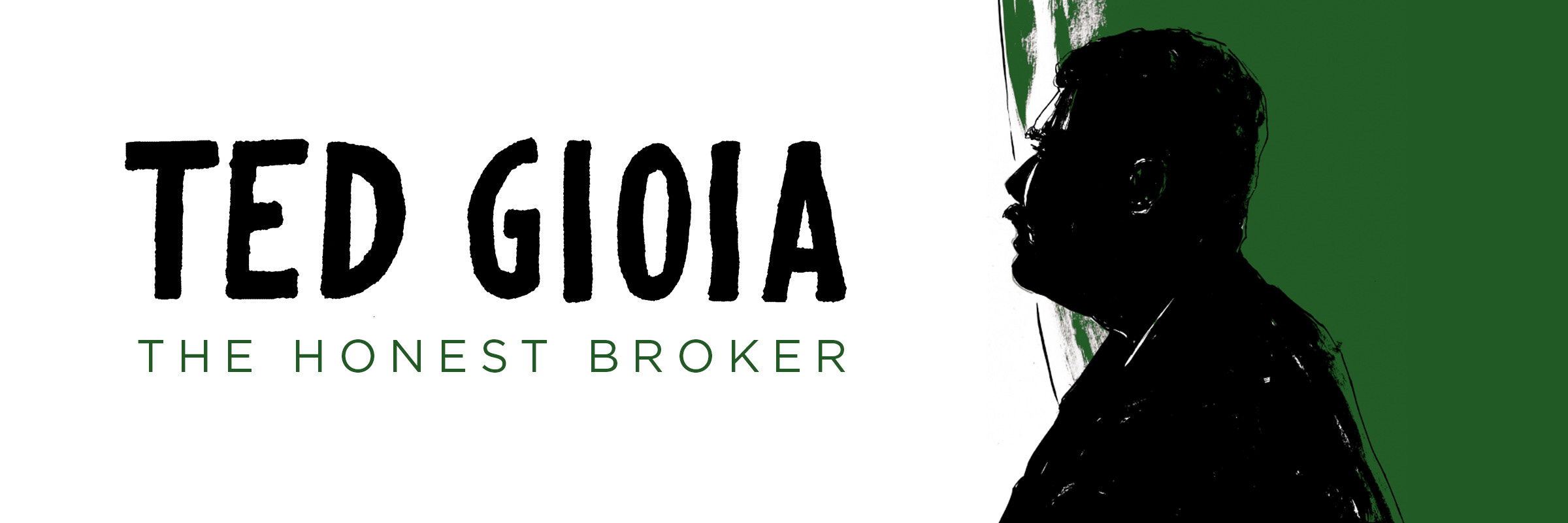
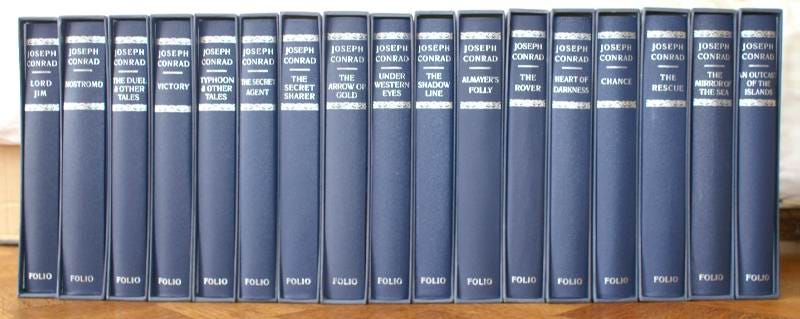
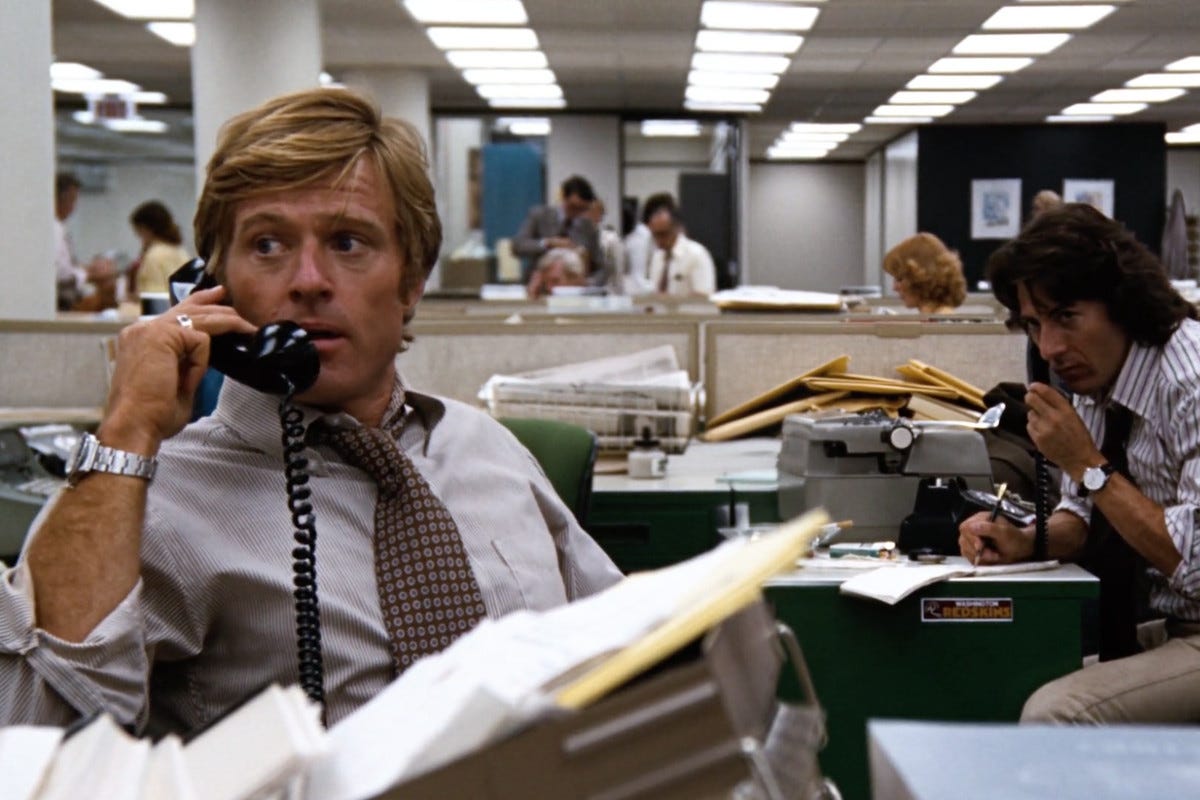
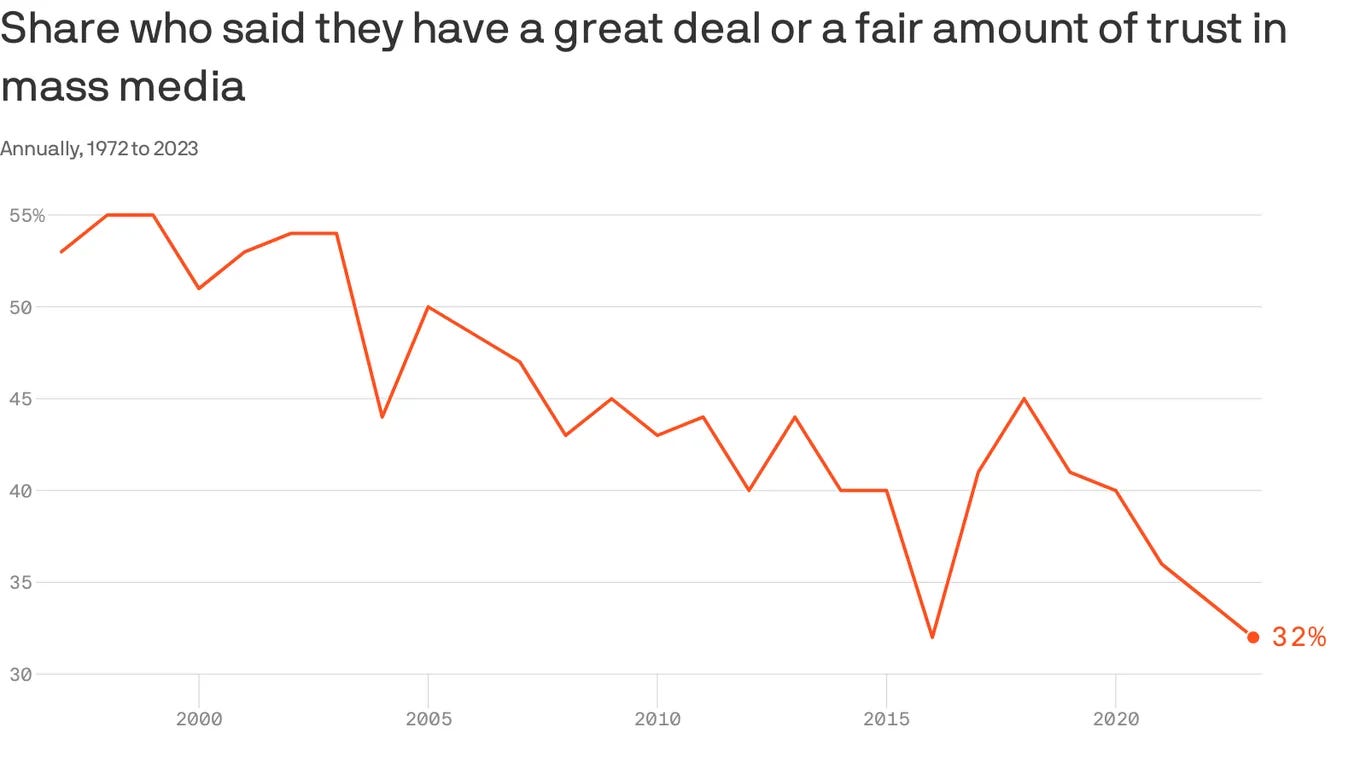
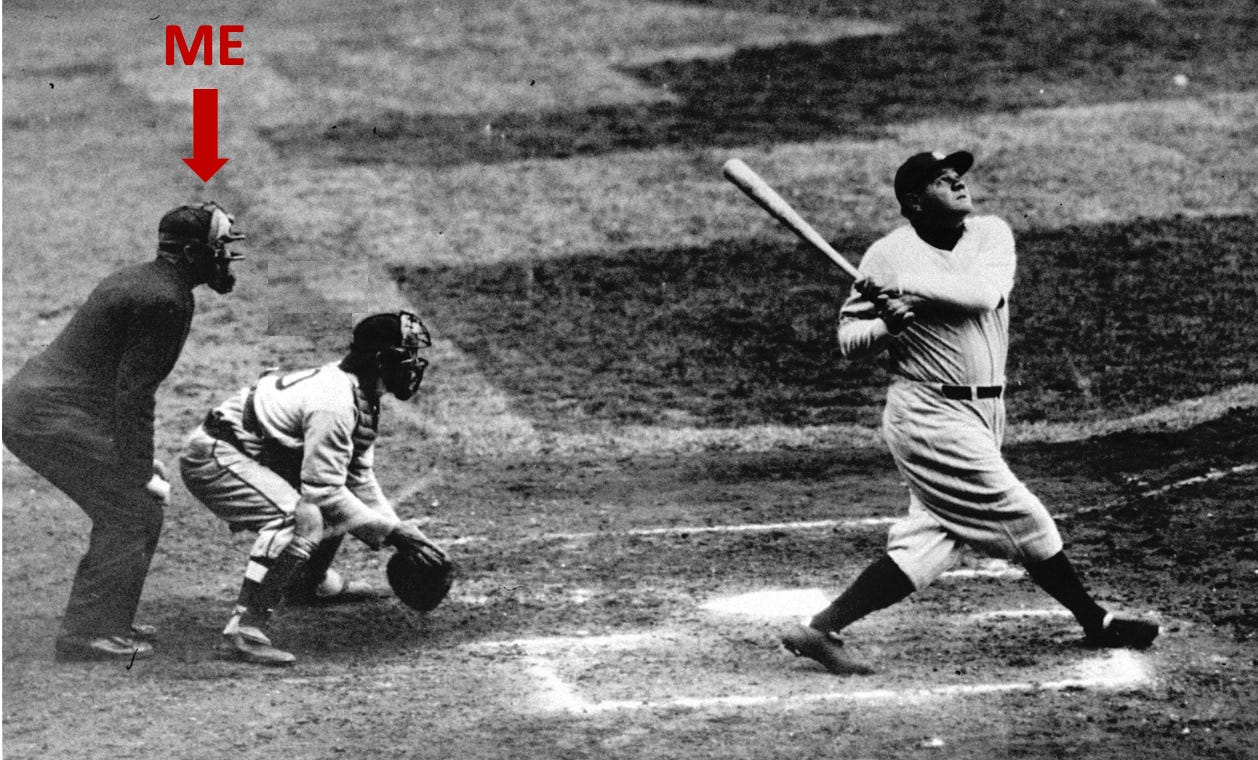
No comments:
Post a Comment